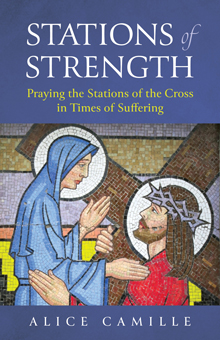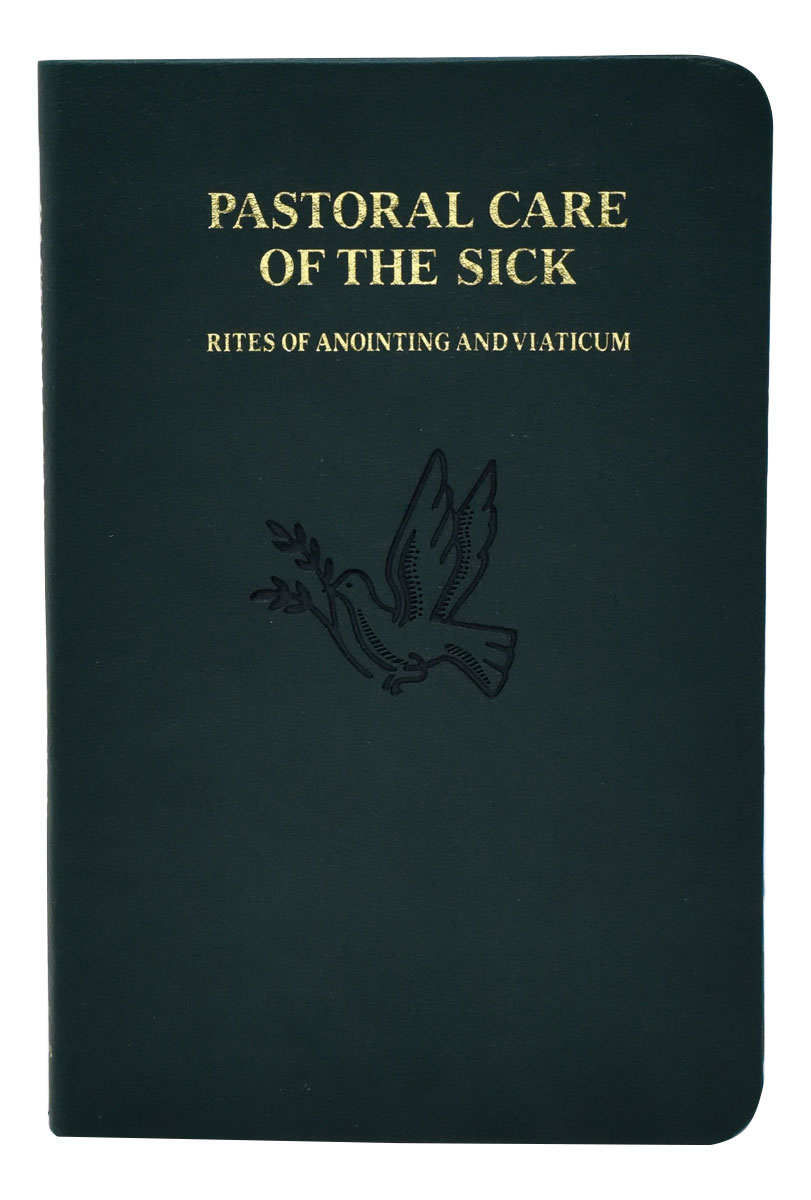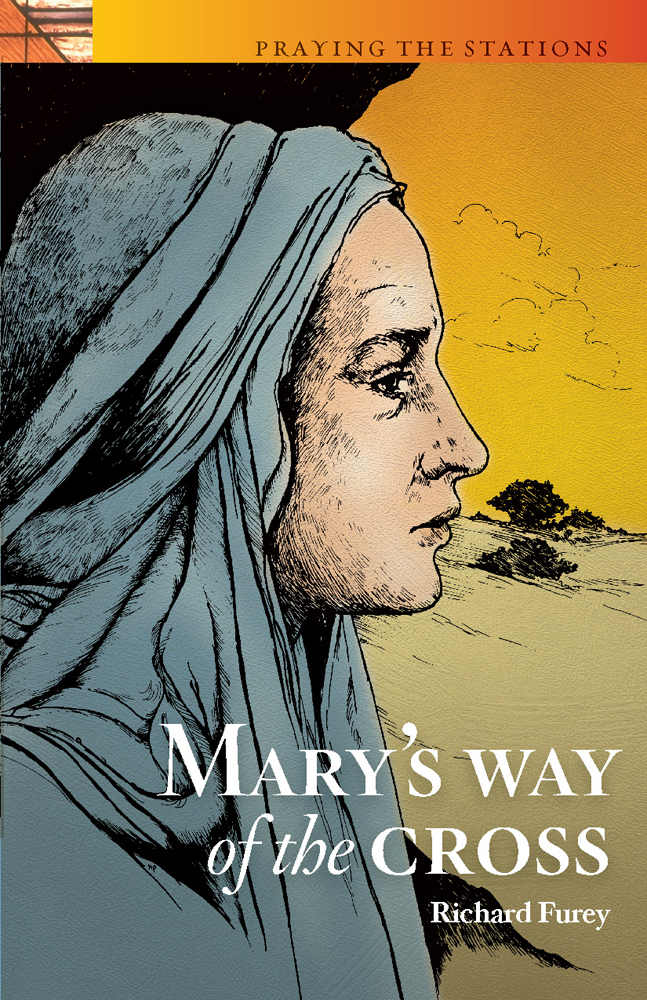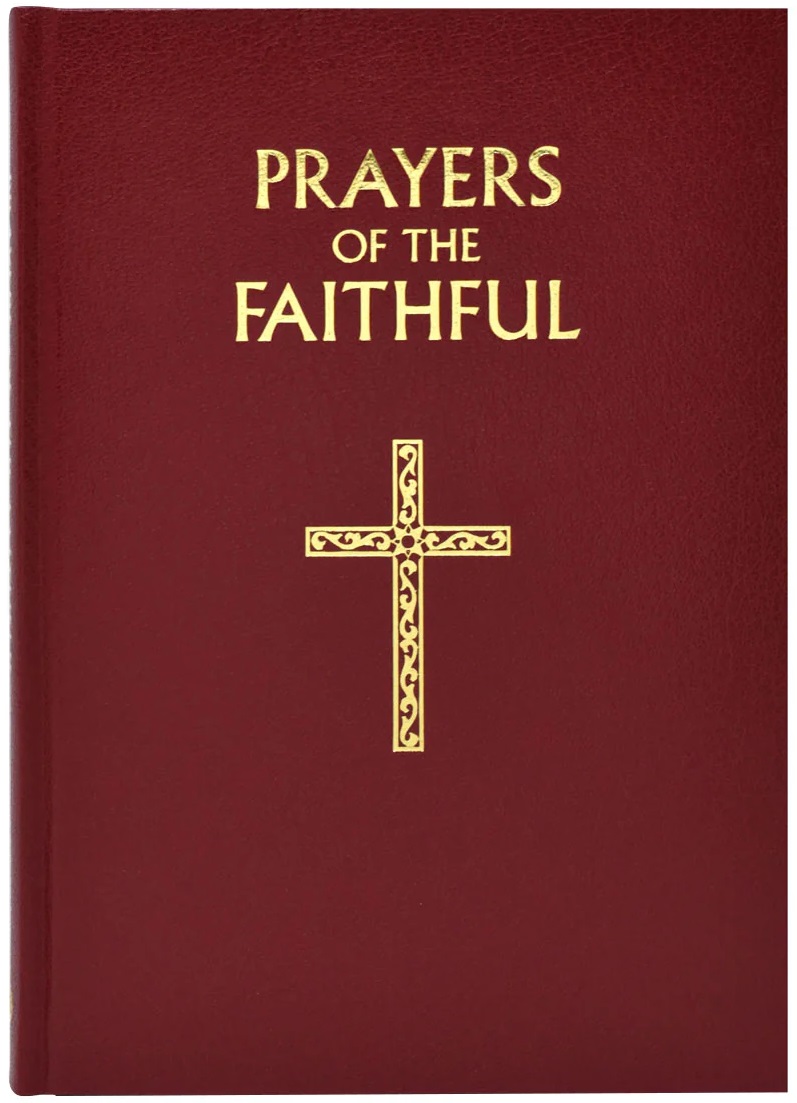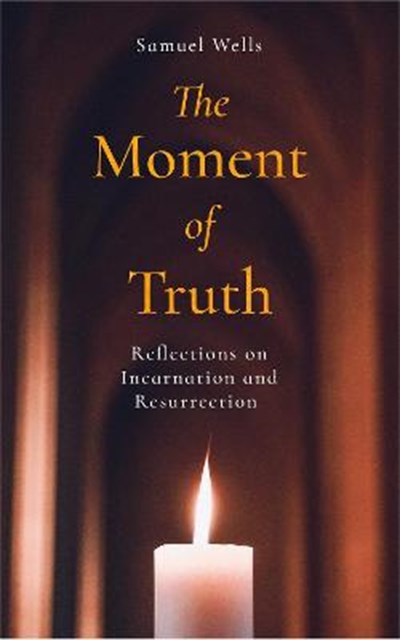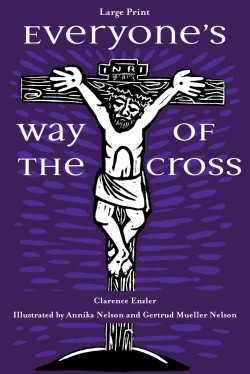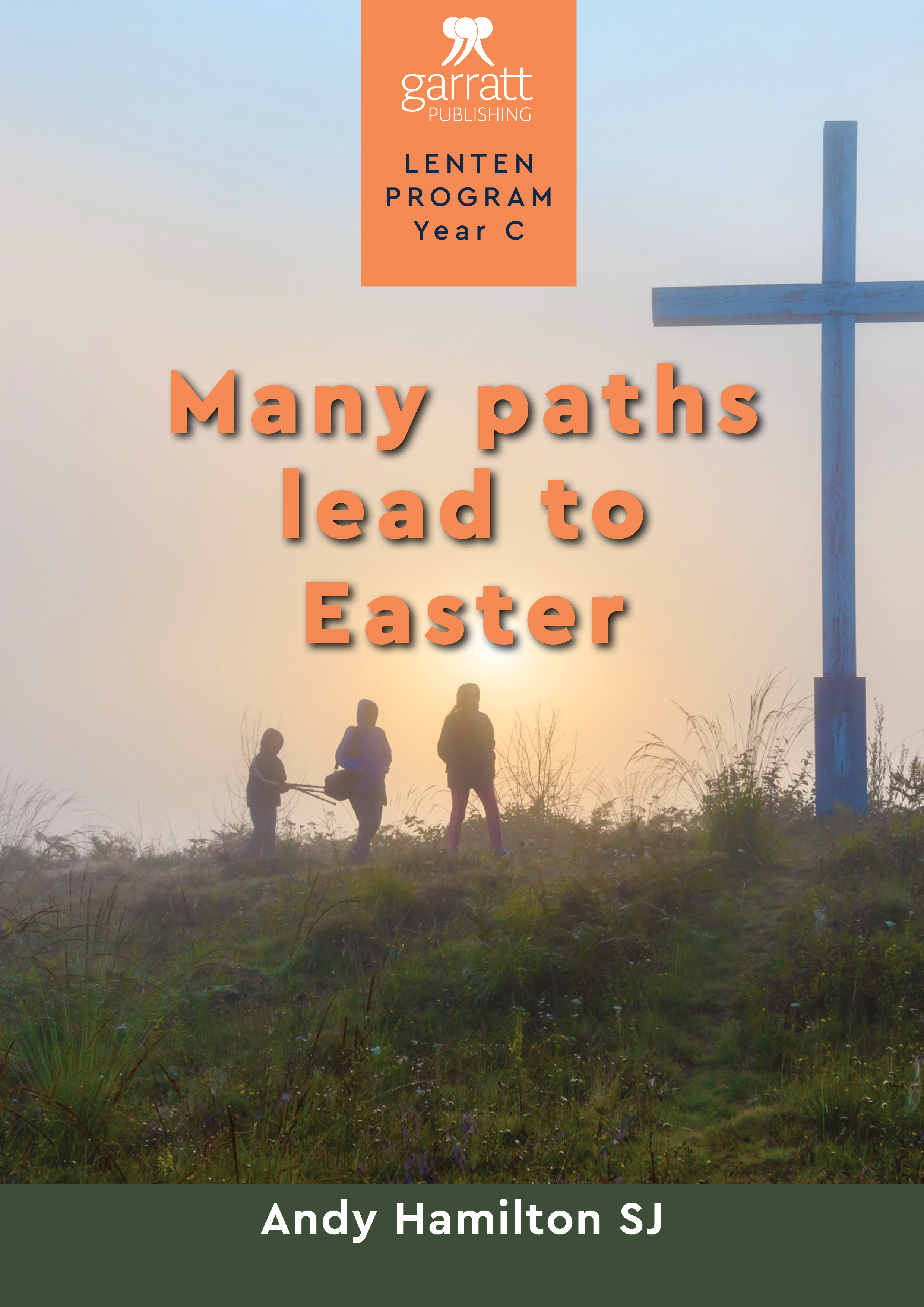Foreword by Anthony Ruff, OSB
The Gregorian Melody is a resource of music pedagogy that centers on one of the most ancient musical repertoires honored by the church and music historians. Though it may not be common to see the word expressive describing Gregorian chant, a repertoire often associated with subdued solemnity, this volume by renowned scholar and practitioner Alberto Turco includes an abundance of insights into the Gregorian art and proposes that chant is first and foremost sung prayer, an interaction of word and melody, which both include proper and appropriate expression.
The material included in this resource is foundational as it lays out the elements of the Gregorian melody through a careful analysis of first principles. It will be useful as an introduction to Gregorian chant and for helping readers to understand the Gregorian melody. Readers of all levels may turn to this book to sing the liturgical chant with a deepened appreciation for the expressive power of the Word.
Monsignor Alberto Turco, a priest of the Diocese of Verona, Italy, has been widely recognized as a leader in the fields of Gregorian chant scholarship and performance. He has served as the director of the Cappella Musicale of the Cathedral of Verona since 1965, after obtaining his doctorate in Gregorian chant at the Pontifical Ambrosian Institute of Sacred Music, Milan. He has been a professor at the Pontifical Institutes of Sacred Music in Milan and Rome and continues to lecture and conduct workshops in Italy, throughout Europe, and beyond.
Stephen Concordia, OSB, attended New England Conservatory in Boston earning a BM in piano and an MM in theoretical studies. He received his priestly formation at Sant’Anselmo and attended the Pontifical Institute of Sacred Music, where he earned a Licentiate and Magistero in organ, and in Gregorian chant. He resides at Saint Vincent Archabbey, Latrobe, Pennsylvania, where he has directed the Saint Vincent Camerata, a semi-professional mixed chorus. Fr. Concordia has taught Gregorian chant at the Pontifical Liturgical Institute; Sant’Anselmo; Saint Vincent College, Latrobe; and Duquesne University, Pennsylvania.

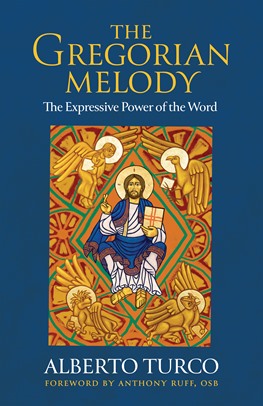
 Back
Back

